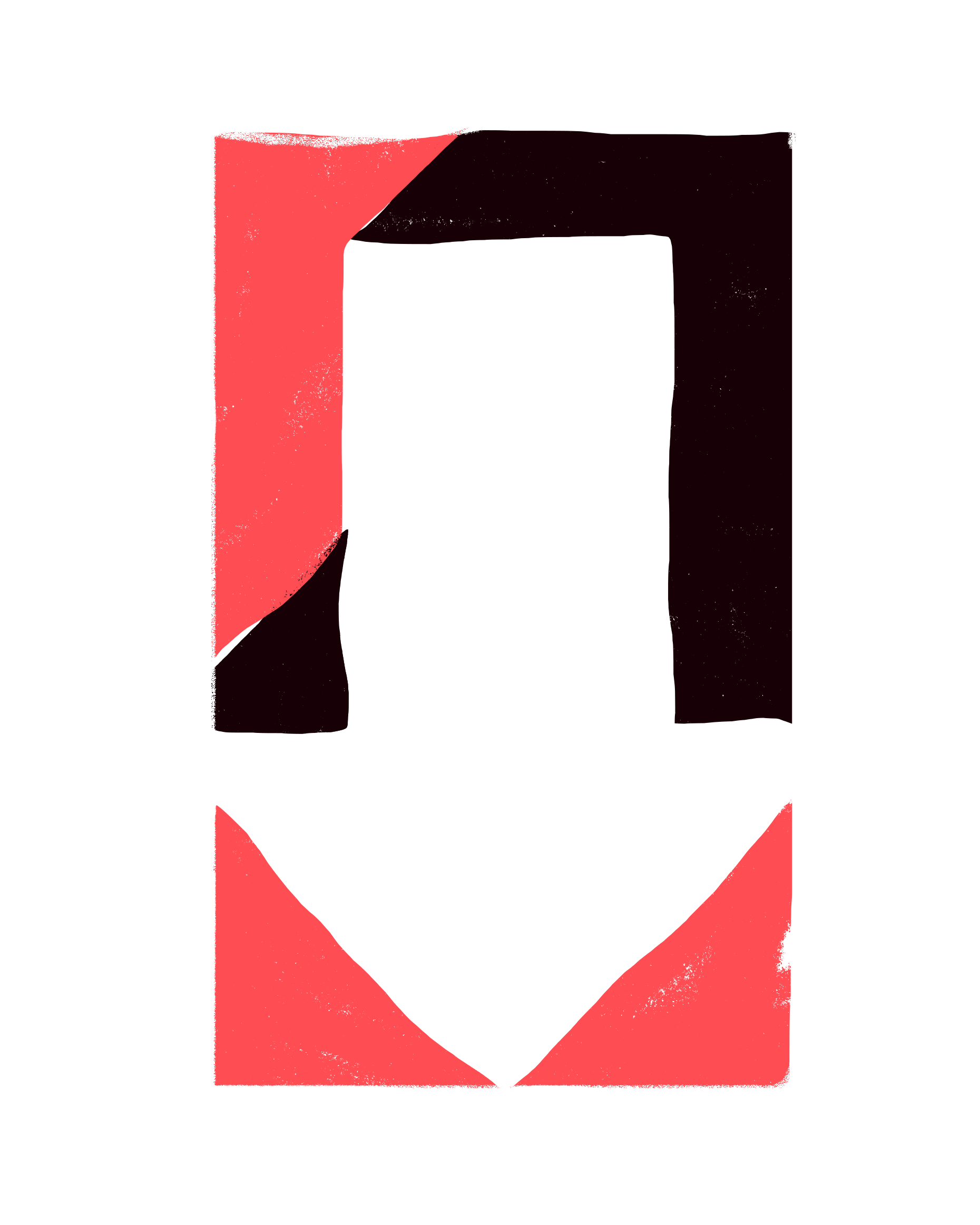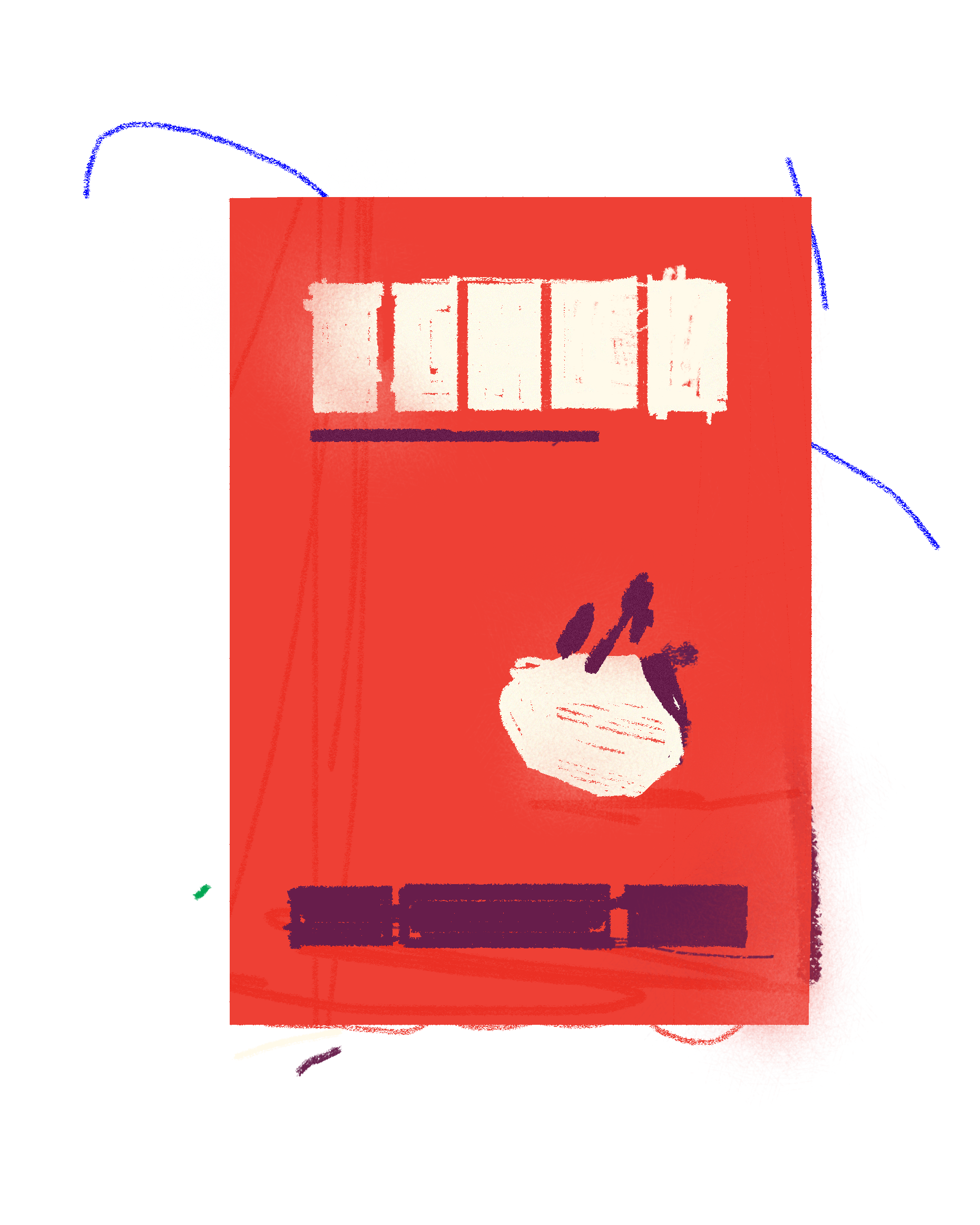Language as Rebellion: Yuri Herrera in Conversation with Daisuke Shen
Because even if you're speaking about ghosts, you're always speaking about yourself—about your neighbors and about your own history.
The Secret City: Aaron Lange on the 1970s Cleveland Punk Scene
Lange presents a beautiful and moving depiction of Laughner as a tragic poet amidst the end of the industrial empire of which Cleveland and Northeast Ohio were a microcosm.
it’s of! it’s of! it’s of!: An Interview with Kai Ihns
I think I'm really interested in things that iterate and shift depending on context, depending on vantage, depending on perspective, depending on relation. So maybe that's what some of that is.
Here Comes the Champ: A Conversation with Nathan Dragon
This never really happens, but I wanted it to be a book that anybody could read, more or less, because I got so many ideas for stories from people I worked with—when I worked on farms or in light construction, or growing up working at a pizza place. I always write and read in the morning, and when I worked on the farms or in construction, I would try to do a little bit before work since I knew the day was going to be tiring.
The Pulp Sublime: Interview with China Miéville on “The Book of Elsewhere”
What had stirred Miéville’s return to fiction after more than a decade? What would this collaboration look like? Did this make Reeves a comrade?
Coding the Dead: An Interview with Tamara Kneese
In Death Glitch: How Techno-Solutionism Fails Us in This Life and Beyond, technology scholar Tamara Kneese, director of Data & Society’s Algorithmic Impact Methods Lab and former green software researcher at Intel, explores the precarity of our data and digital selves.
Love as Solicitude: On Geoffrey Mak’s “Mean Boys”
The voice sometimes shifts drastically between essays, which is an intentional choice—me playing around with this idea of “code-switching,” and also this postmodern aesthetic of schizophrenia, where I don’t just write from a singular voice, but multiple.
Last Acts: An Interview
I’m interested in men who are struggling to communicate what they feel because they have no language for how they feel.
The Body Is Not a Metaphor: An Interview with Emmeline Clein
Because this issue has been overlooked from a political and cultural and intellectual standpoint, partially because of its association with girls, I wanted to give it a really serious treatment.
The Whisper Network Electrified: An Interview with “Mike Antenna”
The new view of intelligence work is all about creating information, spreading and disrupting narratives. It’s no longer about keeping accurate records or models of the world; it’s about creating a world.
Too Sincere, Or Worse: An Interview with Annie Proulx
Denying fame, or incarnation as a public figure, does not necessitate abandoning pose.
Divergent Ways of Being: A Conversation with Emily Stoddard
I find labels like “spiritual but not religious” fall short for me. It’s a label that misses the tension behind this relationship to faith, doubt, and questioning the institution.
Facts that Care about your Feelings: A Conversation with Astra Taylor
And there’s manufactured insecurity, which is the kind of insecurity that facilitates the concentration of power and profit, the kind of insecurity imposed on us by our economic and political system.
Patterns and Poetry in the Anthropocene: A Conversation with Caryl Pagel
To be a poet in the Anthropocene means trying to incorporate the structures we use in poetry or the kinds of imaginative, weirdo thinking we enact into our other modes of coping and relating.
Divine Reading: A Conversation with Sara Nicholson
Poetry is, or should be, a kind of thinking; it’s nothingness’s kingdom, where everything is possible. I use poetry to find out what I think.
Antagonistic Forms: A Conversation with Quenton Baker
And maybe that brings us to the myth of chronology: linear time equals progression. No. There is no linear progression and we’re reproducing subjection again and again.
On the Earth, or in a Language: A Conversation with Dong Li
As long as you have things to say, you don’t have to package or repackage things in a very intellectual way. If the thought is forceful enough, it will find a way to convey itself, even if it’s in a broken language, even in broken English.
At the Risk Management Playground: A Conversation with Tucker Leighty-Phillips
I guess it is labeled as a story collection. So they’re all—for the sake of categorization—they’re short stories, but I don’t know. Some of them were published as prose poems, and I think that letting them both be categorized and also evasive of categorization is kind of cool.
Veracruz, Exposed and Exported: An Interview with Sophie Hughes
Melchor would send photos of maps and streets and sometimes even drawings to help me visualize something in order to then set it down in English correctly. I run a lot of the phrases by her, and she reads the finished draft.
Suicide and Oranges: An Interview with Vi Khi Nao
In reading my work, you may have already eaten an entire fishing village and a boatful of suicidal aches. I used to stare at the ceiling a lot and it used to be my primary mode of creativity.




















